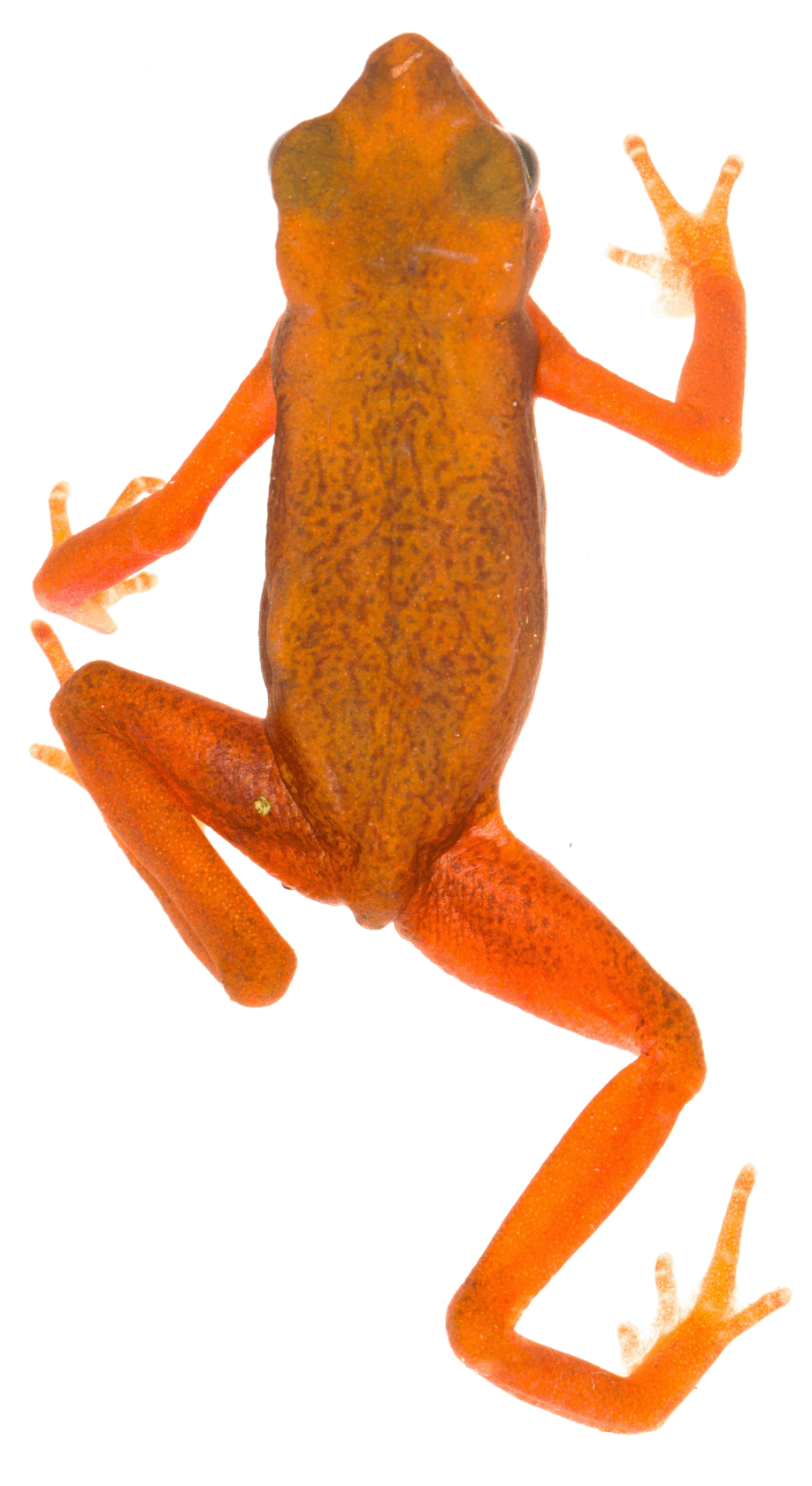
Past Experience
Over the course of my undergraduate and graduate career, I have had the opportunity to teach a number of different courses in many different styles. Most recently, I served as the genetics lab coordinator at the University of Mississippi, which involves designing the laboratory section of the course, from creating testing material to deciding modules to cover in the lab. I implemented a new module, the Pick-a-Bug lab, which I designed through the support of a NSF CAREER grant awarded to one of the genetics faculty. This lab aimed to introduce students to molecular sequencing, barcoding, and construction of phylogenetic trees. In addition to teaching genetics, I have also taught eight different study abroad programs (to Panama, Costa Rica, and Malaysian Borneo) through Michigan State University. Of these, I was a lead instructor for three (one to Borneo and two to Costa Rica), which involved designing the course material, deciding areas to visit, and coordinating the logistics of traveling in a foreign country with undergraduates.
You can see example syllabi from each of these three programs: Costa Rica, Panama, Borneo.
Teaching Philosophy
Through the course of my teaching career, I have found a combination of traditional lecture style with hands-on exercises that help reinforce scientific concepts to be effective for student learning, and more importantly, retention. I believe that, in addition to this, enthusiasm for the course material by the professor results in more engaged and interested students. I am a strong proponent of not simply telling students answers, but letting them discover them. Through the courses, I have designed, I incorporate experiments where I do not know the ultimate answer any more than the students do (such as in the barcoding labs). This gives students ownership over their experiments and the understanding that the exercise is not simply a cookie-cutter lesson, but legitimate scientific inquiry. This, in turn, results in students viewing themselves not simply as students in a course, but actual scientists seeking answers to an unknown question. This approach results in increased engagement, retention, and curiosity. Unlike in cookie-cutter type exercises, I have found students to be far more interested in follow-up and tangential questions, which is important in training the next generation of scientists and researchers.
